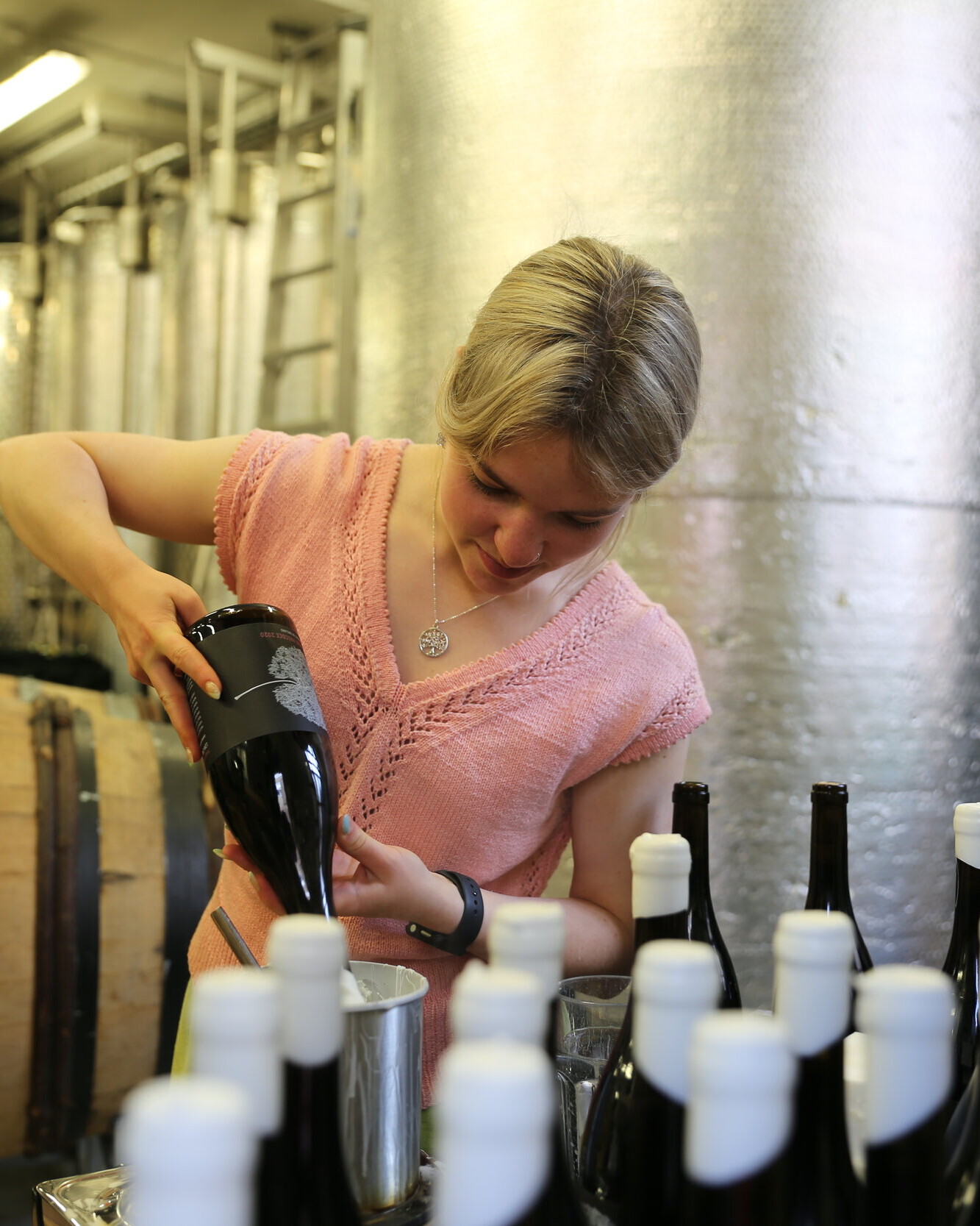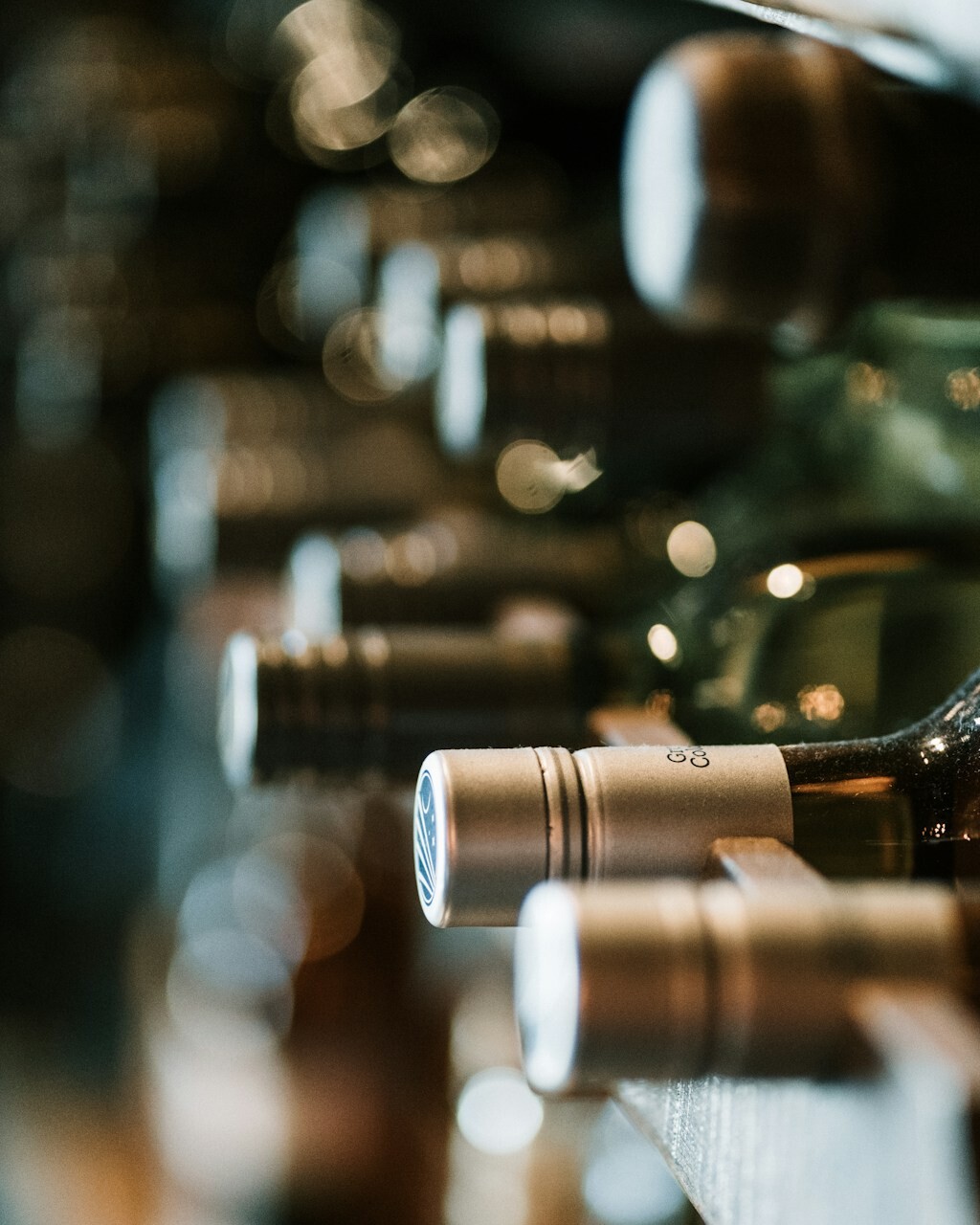There’s been a buzz in the wine world recently, one that’s louder than a cork popping from a bottle of Prosecco. Everyone, from your local wine shop guru to that friend who recently became a sommelier after attending a single wine-tasting session, is talking about natural wines. They’ve been popping up on wine lists and Instagram feeds with all the fanfare of a new iPhone launch. But are natural wines here to stay, or is this just another trend destined to fall flat faster than a bottle left open for too long?
Let’s uncork this mystery and pour out some truths.
What Are Natural Wines, Anyway?
If you’ve ever heard someone rattle on about how their wine is “natural” and found yourself nodding in confusion while secretly Googling the term under the table, you’re not alone. In short, natural wine is a broad (and often blurry) category of wine made with minimal intervention both in the vineyard and in the cellar. We’re talking no pesticides, no herbicides, no added sugars, no cultured yeast, and no clever winemaker tricks like fining or filtering. In theory, it’s wine at its purest. You know, just grapes, patience, and a lot of waiting for magic to happen in a barrel or bottle.
Sounds idyllic, right? A bottle of wine straight from Mother Nature herself. But the reality is a bit murkier than that unfiltered bottle of Sauvignon Blanc your mate brought to the last dinner party.
Why People Love It (Or Pretend They Do)
Let’s be real here, part of the allure of natural wine is the aesthetic. The cool, minimalist labels, the rustic feel of the unpolished bottles—it’s like the hipster of the wine world. Natural wines fit into that “I shop at the farmer’s market and wear sustainably sourced cotton” lifestyle. You can almost see the Instagram posts now: a soft-lit photo of a bottle with the caption, “Just enjoying this incredible biodynamic, no-sulfite-added wine from a tiny vineyard in the Loire Valley. You wouldn’t know it.”
The philosophy behind natural wine appeals to a certain type of consumer. It’s all about sustainability, the rejection of chemicals, and embracing a more authentic way of producing wine. Who doesn’t want to feel like they’re saving the planet one glass at a time? But it’s also about exclusivity. Because natural wines are often made in smaller batches, it feels more special—less supermarket aisle, more artisanal.
That being said, I can’t help but feel a little cynical about it all. There’s something a bit too try-hard about it. It’s like when someone says, “Oh, I don’t really watch TV,” with the kind of smugness that makes you want to throw them into a Netflix binge for a week. But in this case, it’s wine.
The Fad Factor
Look, I’m not saying natural wine is a complete gimmick. There are genuinely some great bottles out there, and I can see why some people gravitate towards it. But let’s call a spade a spade: this feels like a trend that’s caught fire because of its timing. People are more eco-conscious than ever, and there’s a growing desire for transparency in food and drink. Natural wine, with its purity claims and minimalist marketing, fits right into that.
But here’s the thing—natural wine isn’t actually that new. Our ancestors were making wine without additives for centuries because, well, they didn’t have access to fancy additives! The natural wine movement is more of a return to old-school methods. It’s retro, but unlike those vintage fashions that come back into style, this one might not have the same staying power.
There’s also the question of taste. Let’s not beat around the bush: natural wines can be unpredictable. Open a bottle of conventional wine, and you know what you’re getting—rich fruit, smooth tannins, a touch of oak perhaps. Open a bottle of natural wine, and it could go anywhere from ‘bright and funky’ to ‘sour and weird’. You may feel like you’re drinking a fermented science project. Sometimes it’s a delight, but other times it’s like licking the inside of a barn door.
Sure, unpredictability can be exciting, but it can also be incredibly frustrating. If you’re shelling out for a bottle, you kind of want to know you’re not going to end up with something that tastes like the winemaker forgot to wash their feet before stomping on the grapes.
The Science Bit (Bear With Me)
One of the biggest selling points of natural wine is the absence of sulfites, those pesky preservatives that some people claim give them headaches. Natural wine fans love to tout that their wines don’t have any added sulfites, which they believe makes the wine healthier or somehow more virtuous.
But here’s the inconvenient truth: sulfites are actually naturally occurring in all wine. Even the most ‘natural’ wine you can find has some level of sulfites in it. Without a bit of sulfite action, wine is prone to spoilage and oxidation. Ever had a bottle that tasted a bit like vinegar? That’s your wine going bad due to a lack of preservatives. So, while going sulfite-free sounds great in theory, it can come with its own set of challenges, particularly if you plan on keeping a bottle around for more than a week or two.
In other words, while sulfite-free may sound healthier, there’s little evidence to suggest sulfites are the villains they’ve been made out to be. More likely, your wine headache is coming from the alcohol content or simply drinking too much of the stuff. But I won’t judge—we’ve all been there.
My Personal Verdict
Look, I love the idea of wine being natural, unadulterated, and as close to nature as possible. But for me, the natural wine movement feels more like a fleeting trend than the future of winemaking. The unpredictability of the taste, the murky definitions (seriously, what even qualifies as “natural” wine anymore?), and the marketing that feels more like lifestyle branding than a genuine shift in winemaking practices just doesn’t sit quite right.
Wine, at its core, is meant to be enjoyed. Whether it’s conventional, organic, biodynamic, or natural, the end game is the same: pleasure in a glass. And if I’m being honest, I don’t really want to gamble on whether that pleasure will actually taste, you know, good. Call me old-fashioned, but I like my wine to taste like wine—not a sour experiment in a bottle.
That said, I do understand the appeal for a certain audience. If you’re the adventurous type who’s willing to risk a glass that might taste like funky cider on a good day and swamp water on a bad one, then natural wine might just be your jam. And let’s face it, there’s a certain smug satisfaction in telling people you’re drinking something so natural it practically picked itself off the vine and hopped into your glass.
But for me? I think I’ll stick to my trusty bottles of more traditional vino. Less uncertainty, fewer weird aftertastes, and a higher probability that my hard-earned money won’t go to waste. Now, if you’ll excuse me, I’ve got a lovely bottle of Viognier waiting to be opened, and I can assure you it’s as conventional as they come.
Cheers to that.
Some slightly more serious research/opinions
Raw Wine – A leading platform for natural, organic, and biodynamic wines.
Decanter – Offers a guide to understanding natural wine.
https://www.decanter.com/learn/natural-wine-guide-428951/
The Guardian – An in-depth article exploring natural wines and their rise in popularity.
https://www.theguardian.com/lifeandstyle/2019/aug/11/natural-wine-the-new-frontier-of-grape-juice




